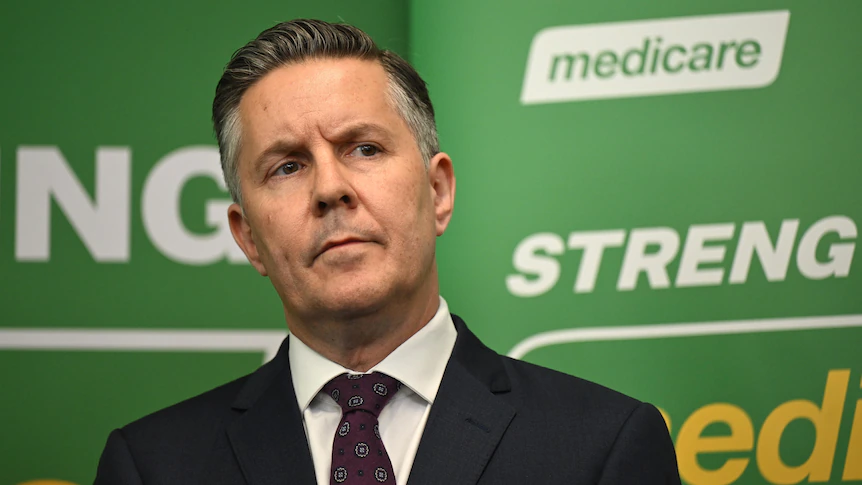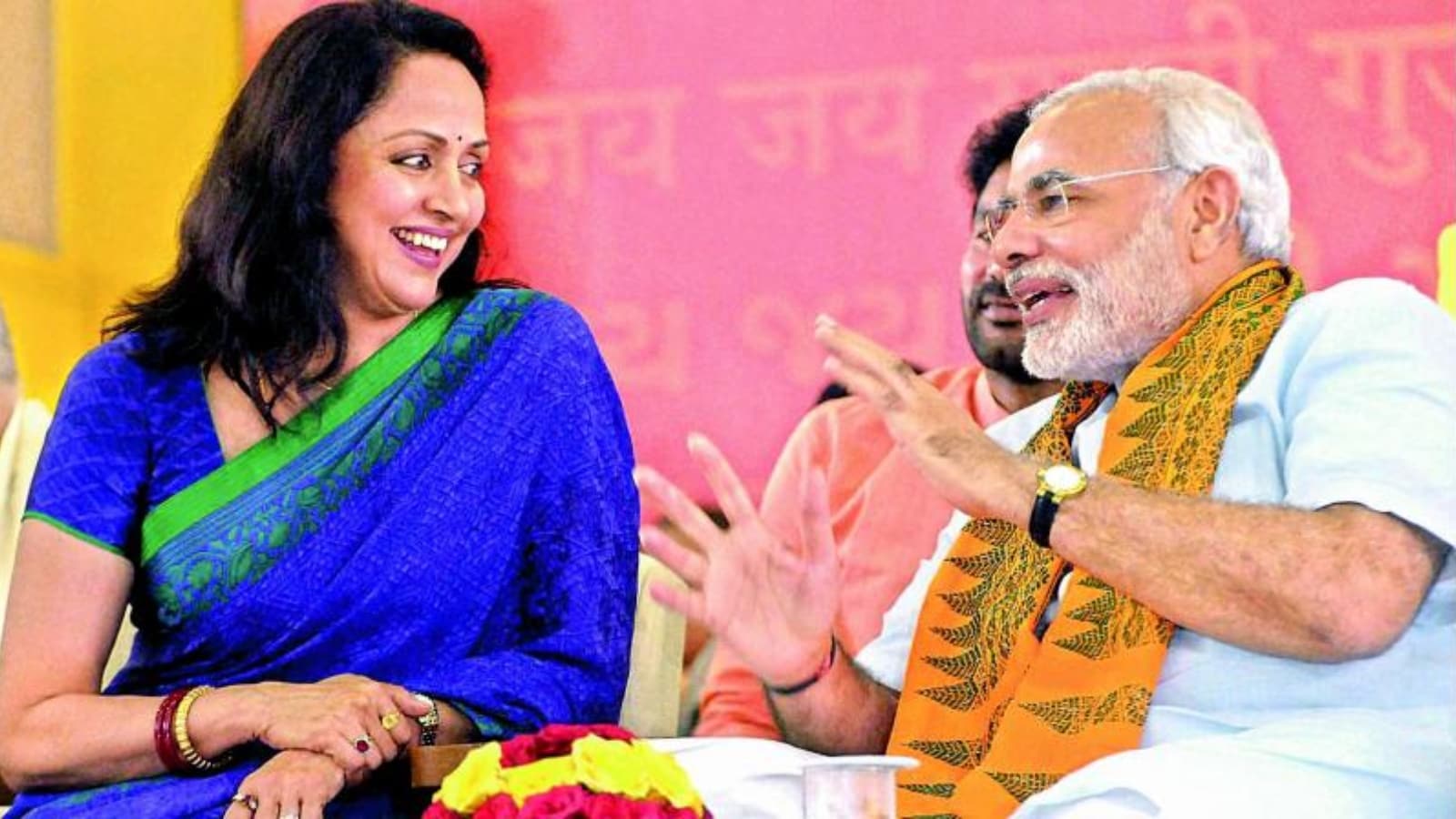By Keane Bourke
Copyright abc

State and territory leaders have shot down the Commonwealth’s latest health funding offer, saying it will not be enough to cover their rapidly growing costs.
A new funding arrangement for public hospitals — which are run by the states and territories and part-funded by the Commonwealth — was first agreed in principle at national cabinet in 2023.
It would have seen the federal government increase its share of funding to 42.5 per cent by 2030, and 45 per cent by 2035.
In exchange, the states and territories would co-fund “foundational supports” with the Commonwealth, designed to take some people off the National Disability Insurance Scheme (NDIS) to rein in rapidly growing costs.
At the time, Health Minister Mark Butler said the deal would see funding to states and territories increase by $13.2 billion between 2025 and 2030.
But negotiations stalled, with disagreement over how to manage the transition of some people from the NDIS to the new foundational supports program.
The government announced in August it would rework that scheme, introducing “Thriving Kids” as a first step to move some children with mild autism from the NDIS, to the surprise of the states and territories.
States say new offer amounts to shortfall of billions
Nearly two years on from the 2023 deal, the Commonwealth says it is now offering states an additional $20 billion over five years.
“This is a $7 billion increase from the Commonwealth’s most recent offer to states,” a government spokesperson said.
But state and territory leaders have released a scathing statement through the Council for the Australian Federation, suggesting that $20 billion represents the government walking back its initial commitment to fund 42.5 per cent of hospital costs.
“Under the arrangement now proposed by the Commonwealth, the actual share of Commonwealth funding will be closer to 35 per cent, falling tens of billions of dollars short of what is needed,” they said.
That shortfall, they warned, “will impact the states’ and territories’ ability to provide the hospital services that Australians rightly expect”.
The group said they were “acutely aware” of the need to manage growing costs but that “these increases are largely driven by factors outside the states’ control”.
“These factors include the high-inflationary environment following the pandemic, clinical workforce shortages, increased complexity and frailty of patients, and growth in ‘stranded’ patients that cannot access suitable aged or disability care,” the communique read.
Tasmanian Premier Jeremy Rockliff said if the Commonwealth “reneged” on its deal, it would cost his state some $673 million over five years.
“That’s the equivalent of 128,000 elective surgeries. That’s the equivalent of 1.2 million emergency department presentations,” he told reporters in Devonport.
“Tasmanians cannot afford the federal government to step away from the agreement made with all state and territory premiers and chief ministers back in December 2023.”
The state and territory leaders said they were committed to helping the Commonwealth “get the NDIS back on track,” including through the original foundational supports agreement, and were willing to engage in “positive discussions” around hospital funding.
However, they expressed concern that the new offer would not see every state and territory better off overall.
A federal government spokesperson said the Commonwealth hoped to finalise the agreements by the end of the year.
“The Commonwealth remains committed to the December 2023 National Cabinet deal,” they said.
“And we are committed to making a fair contribution under the hospital funding agreement to give Australians better access to health services they need, when they need them and to reduce pressure on hospitals.”
Under a one-year extension to current hospital funding arrangements for this financial year, the Commonwealth provided an extra $3.71 billion to states and territories.



